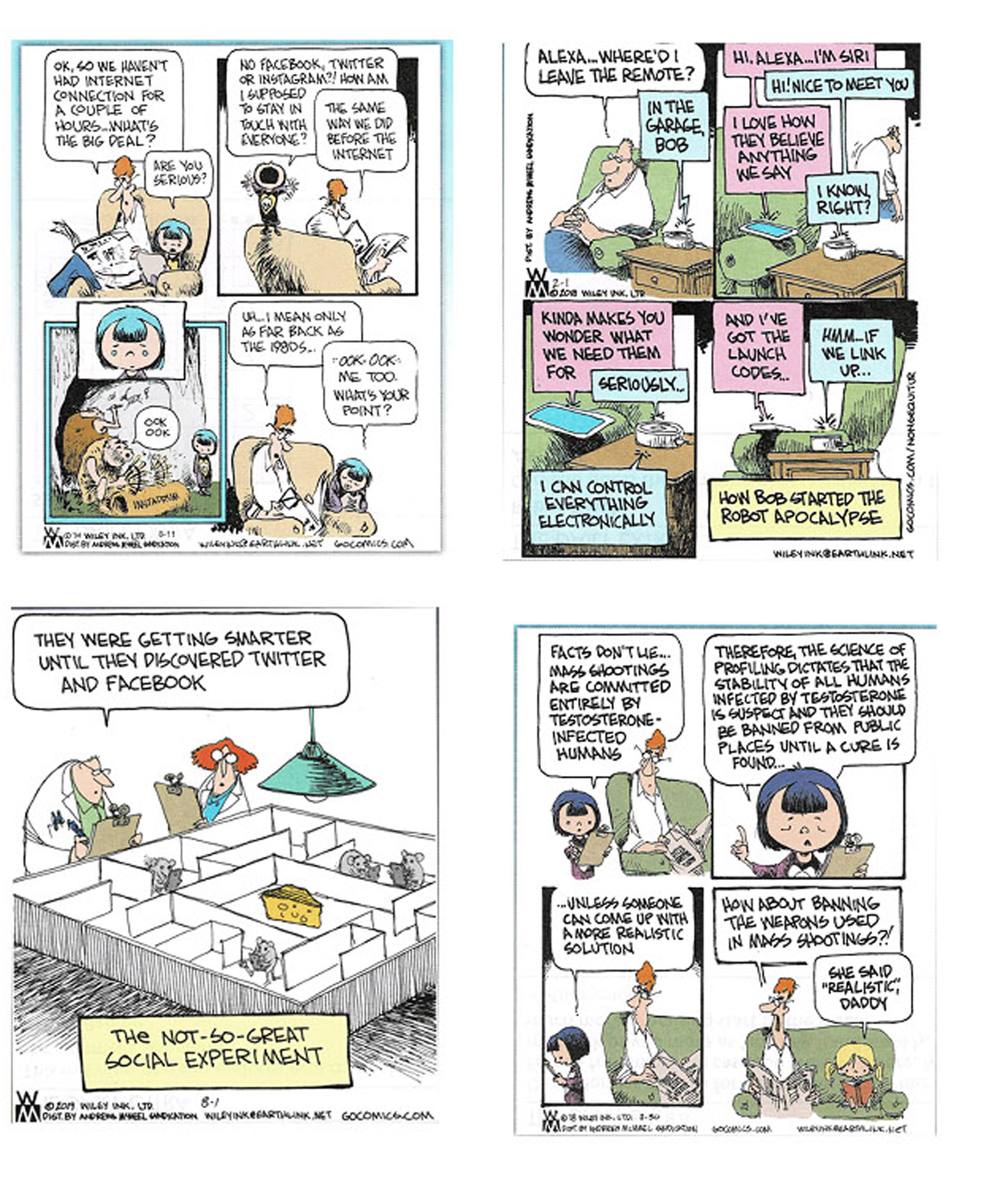The paragraphs below is a literal quote from an article in the November Atlantic Magazine.
Artificially intelligent advertising technology is poisoning our societies.
By Ayad Akhtar
Something unnatural is afoot. Our affinities are increasingly no longer our own, but rather are selected for us for the purpose of automated economic gain. The automation of our cognition and the predictive power of technology to monetize our behavior, indeed our very thinking, is transforming not only our societies and discourse with one another, but also our very neurochemistry. It is a late chapter of a larger story, about the deepening incursion of mercantile thinking into the groundwater of our philosophical ideals. This technology is no longer just shaping the world around us, but actively remaking us from within.
That we are subject to the dominion of endless digital surveillance is not news. And yet, the sheer scale of the domination continues to defy our imaginative embrace. Virtually everything we do, everything we are, is transmuted now into digital information. Our movements in space, our breathing at night, our expenditures and viewing habits, our internet searches, our conversations in the kitchen and in the bedroom—all of it observed by no one in particular, all of it reduced to data parsed for the patterns that will predict our purchases.
But the model isn’t simply predictive. It influences us. Daniel Kahneman’s seminal work in behavioral psychology has demonstrated the effectiveness of unconscious priming. Whether or not you are aware that you’ve seen a word, that word affects your decision making. This is the reason the technology works so well. The regime of screens that now comprises much of the surface area of our daily cognition operates as a delivery system for unconscious priming.
Mariner the Zealot

